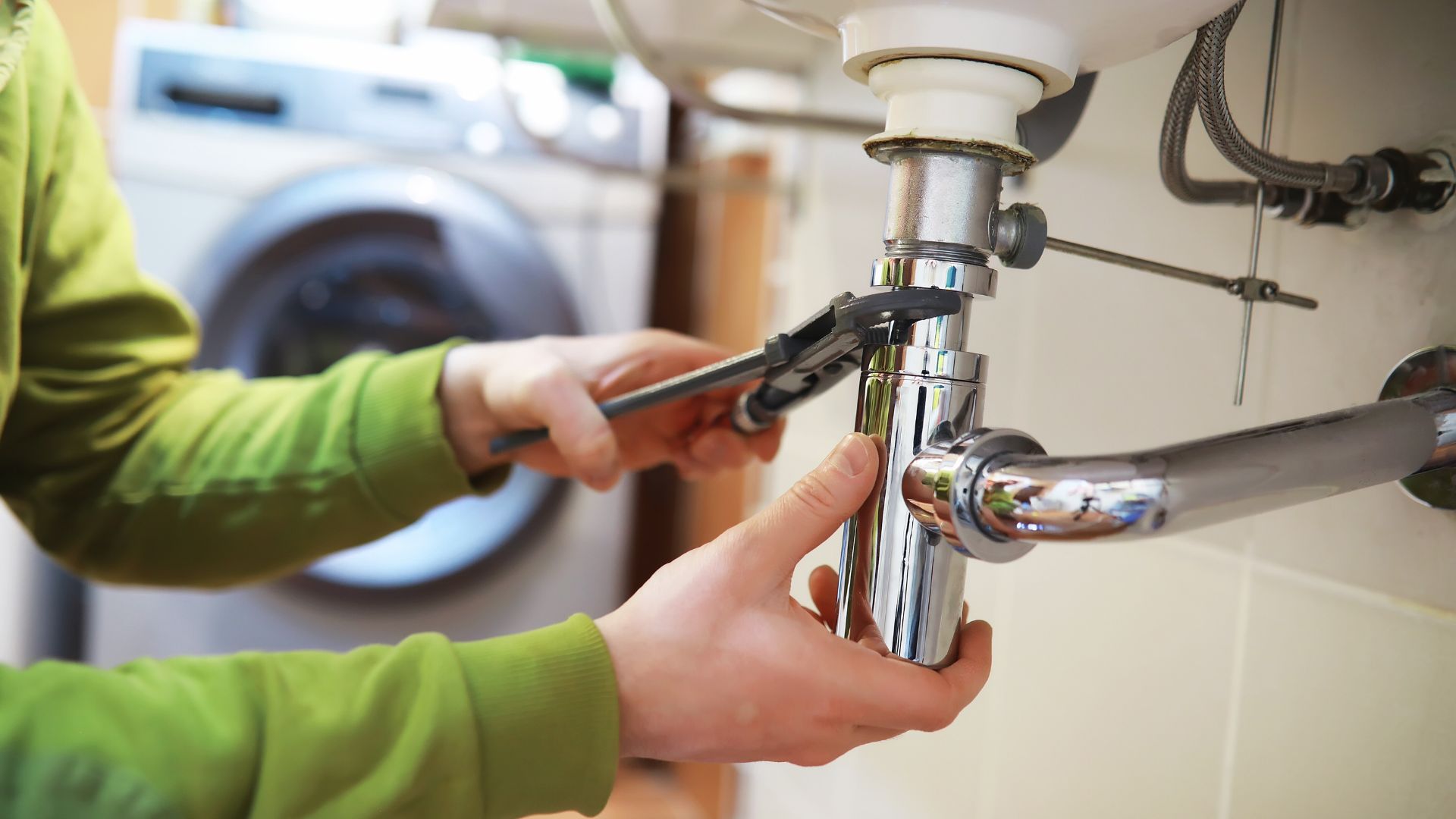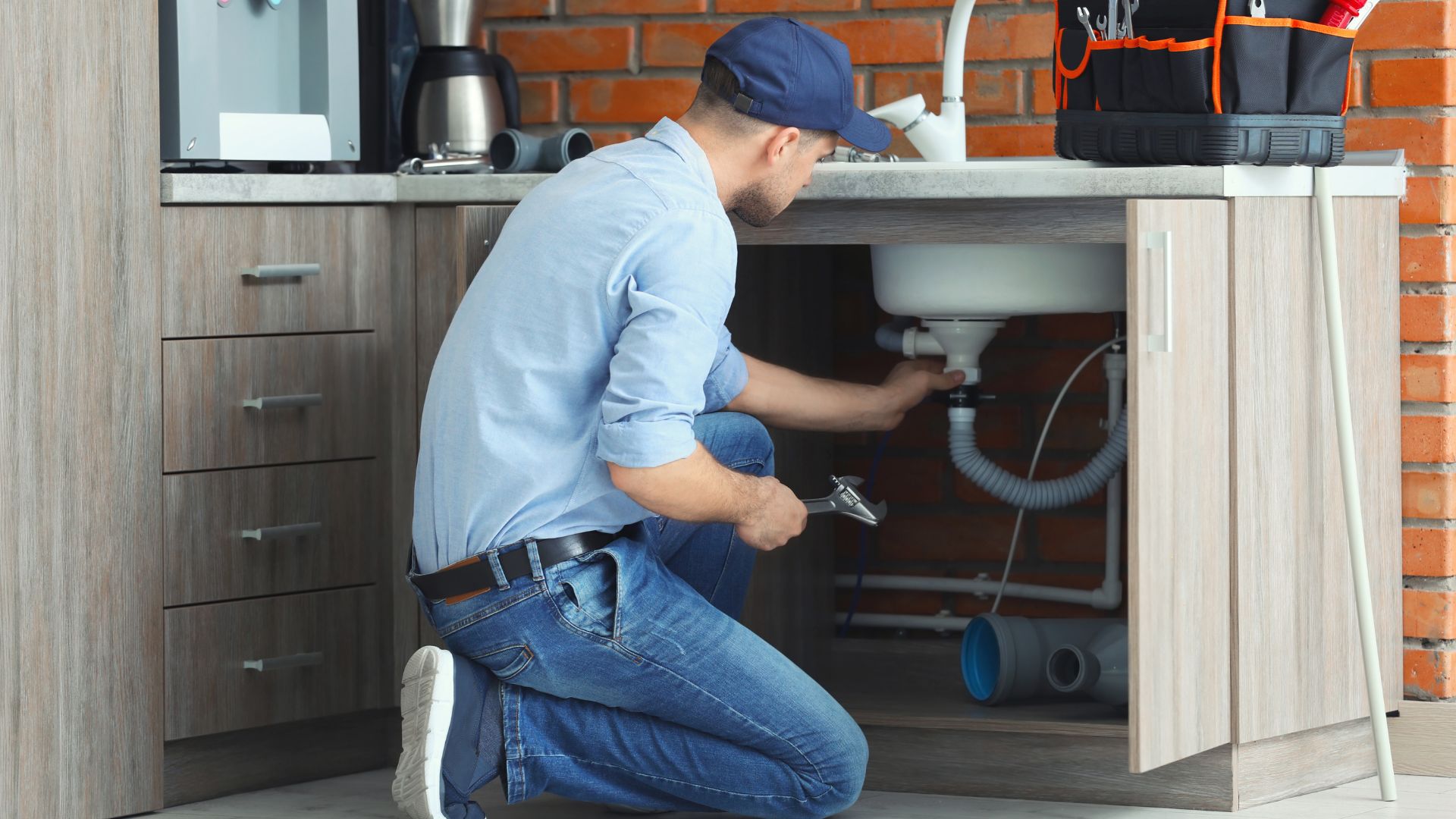The Unsung Hero: How Plumbing Systems Shape Health, Hygiene, and Well-being in Your Home
Often relegated to the background of home discussions, domestic plumbing is a foundational element frequently overlooked when we consider factors contributing to our well-being and health within living spaces. This intricate network of pipes, fixtures, and appliances forms the vital backbone of comfort, convenience, and hygiene, significantly influencing our daily lives in ways many don’t fully appreciate. From ensuring the pristine cleanliness of our drinking water to facilitating the efficient removal of waste, its role is far more critical and profound than commonly recognized. It’s no exaggeration to say that plumbing is not merely a banal household element but rather a defining, indispensable factor in creating and maintaining healthy living environments for individuals and communities alike.
Ensuring the Flow of Clean, Potable Water

Plumbing systems exert their primary impact on health through their critical role in delivering clean, potable water directly to our taps. The quality of drinking water is unequivocally and intricately linked to a wide range of public health outcomes. Contaminated water sources can be a conduit for numerous waterborne diseases, including cholera, typhoid, giardiasis, and dysentery, leading to severe illness and, in extreme cases, even death. Therefore, a robust and uncompromised plumbing infrastructure is absolutely vital to prevent outbreaks of such illnesses and safeguard community health.
Nations and regions that have prioritized the development and maintenance of resilient plumbing infrastructures consistently report fewer health issues associated with waterborne bacteria, viruses, and parasites. Conversely, neglecting good plumbing is a remarkably short-sighted approach that inevitably jeopardizes local health standards and imposes significant costs on healthcare systems. The health benefits extend beyond merely preventing disease; consistent access to clean water supports optimal hydration, enhances food preparation, and allows for effective cleaning, all of which are fundamental to overall well-being.
The significance of having a safe and untainted water supply cannot be overstated. It serves as the fundamental backbone for countless health-promoting practices and ensures that homes remain sanctuaries of wellness rather than potential sites for disease contraction. By keeping water supply systems functional, free from contaminants, and meticulously maintained, communities proactively guard against possible epidemics, creating safe and healthy environments for families, schools, and businesses. This sustained access to clean water is a cornerstone of modern civilization, enabling a quality of life that would be unimaginable without it.
Beyond the immediate health advantages, reliable plumbing systems contribute significantly to a higher quality of life, fostering overall satisfaction and mental well-being. The inherent knowledge that one is consuming uncontaminated, safe water adds an invaluable layer of mental comfort and security that profoundly supports a healthy lifestyle. Moreover, plumbing systems that function optimally deliver water that is not only safe but also enhances the culinary aspects of daily life, making cooking and beverage preparation a pleasure. Maintaining your plumbing, therefore, may occasionally call for fast plumbing repair to address unforeseen issues promptly. Such timely interventions are crucial to ensure the continuous, uninterrupted flow of clean water and the steady, reliable regulation of plumbing systems, a testament to the undeniable necessities of present-day living.
Sanitation and Effective Waste Management
The proper disposal of human waste further exemplifies the profound significance of efficient plumbing, as it directly impacts community health on a massive scale. Modern sanitation facilities, powered by highly effective plumbing systems, are designed to prevent human waste and wastewater from contaminating living environments. These systems divert, treat, and safely dispose of sewage, thereby interrupting the transmission pathways of numerous infectious diseases. Regions with advanced plumbing and sanitation infrastructures invariably face fewer public health crises directly linked to environmental contamination. This relationship exists not merely as a simple cause-and-effect scenario but as an absolute, obligatory condition for significantly improving and sustaining public health.
Without efficient waste removal systems, waste would rapidly accumulate in residential and urban areas, posing severe and immediate health risks. Untreated sewage clogs habitats, pollutes natural water sources, and spoils living environments, creating fertile breeding grounds for disease-carrying pests like rodents and insects, as well as a host of harmful bacteria and viruses. Communities equipped with robust and well-maintained plumbing systems can effectively manage waste, thereby minimizing health hazards, controlling odors, and promoting cleaner, more aesthetically pleasing urban spaces. This not only dramatically enhances the living environment but also lays crucial foundations for sustainable growth, urban development, and a higher quality of life for all residents.
In environments underserved by effective sanitation systems, issues invariably arise, leading to widespread disease, environmental degradation, and considerable challenges for public health officials. These challenges often include chronic illness, reduced productivity, and significant economic burdens. By continually refining and upgrading plumbing systems, communities proactively avoid these potential crises, as the seamless and hygienic management of waste mitigates disease risks and prevents widespread contamination. This continuous refinement and investment ensure that urban locales can focus on dynamic progress and innovation, rather than being constantly occupied with reacting to entirely preventable health emergencies and environmental catastrophes. The advancements made in plumbing and sanitation have undeniably helped promote urban living standards beyond reckoning, emphasizing their enduring and ever-increasing importance in modern urban planning and public health policy.
The Science of Good Hygiene: Empowered by Plumbing

Basic personal and household hygiene practices — from taking a refreshing shower, thoroughly washing hands, and preparing food safely, to sanitizing surfaces — are unchallenged, fundamental habits that are entirely reliant on functional and reliable plumbing systems. Without adequate systems providing consistent access to running water, efforts to maintain necessary hygiene standards are severely impeded. This direct correlation means that poor sanitation and elevated disease prevalence are often rampant in regions where plumbing infrastructure is substandard or non-existent. The fundamental availability of running water is intrinsically tied to societal well-being and health, and as such, it should be universally elevated to a top-tier public policy priority worldwide.
Moreover, consistent and easy access to water actively supports good hygienic practices, which are absolutely fundamental to combating the spread of infectious diseases. In a world where global travel is common and pandemics remain a threat, the ability to practice thorough handwashing and sanitation on demand is invaluable. With water readily accessible, the scourge of many common ailments and widespread infections finds significantly less opportunity to spread, thereby creating healthier, more resilient communities. While educational campaigns frequently emphasize the importance of hygiene, these messages often remain abstract and ultimately unattainable goals for populations lacking the foundational plumbing systems necessary to act upon them.
Ultimately, overlooking the profound hygiene-boosting capabilities of competent plumbing leads to a less robust community immune system and higher disease burdens. Simple yet incredibly impactful acts, such as washing vegetables before cooking or thoroughly washing hands after using the restroom or before meals, become crucial steps in an unbroken chain of health preservation. These daily rituals, powered by effective plumbing, prevent countless cases of illness and contribute to a healthier population. As communities worldwide continue to push towards better public health outcomes and disease prevention, the unseen but absolutely indispensable role of plumbing continues to underscore the critical need for increased investment and strategic development in this vital domain.
Conserving Resources Through Smart Plumbing
While plumbing primarily addresses critical health aspects through sanitary means, its role extends significantly into the realm of resource conservation. Modern plumbing systems are not only designed for efficiency but are also cleverly engineered for optimal use of water, often integrating advanced technology to regulate usage and minimize waste. For instance, low-flow fixtures, dual-flush toilets, and smart leak detection systems are now common features in contemporary plumbing, significantly reducing water consumption without compromising performance. Leaky pipes, inefficient fixtures, and outdated systems, by contrast, exacerbate water waste, draining precious resources and inadvertently increasing household utility costs. Investing in newer, water-efficient plumbing techniques and technologies actively enforces this crucial aspect of conservation, critically impacting sustainable living strategies for the present and future generations.
Conservation achieved through advanced plumbing not only supports essential ecological goals but is also economically advantageous for homeowners and municipalities. It helps households save substantial amounts on water bills, allowing funds to be redirected to other essential needs or savings. Furthermore, innovative strategies like rainwater harvesting and greywater recycling are increasingly supported and made feasible by sophisticated plumbing systems. Rainwater harvesting collects and stores rainwater for non-potable uses like gardening or toilet flushing, while greywater recycling treats gently used water from sinks and showers for similar purposes. These practices accentuate the environmental benefits of contemporary plumbing, reducing reliance on municipal water supplies and lowering the overall water footprint of a household or building.
The synergy between plumbing innovation and resource conservation offers a powerful pathway to mitigate the stress on natural resources, particularly water, even as urban populations continue to swell globally. By embracing these sustainable plumbing practices and technologies, societies can enjoy the full spectrum of daily comforts and modern amenities without compromising environmental integrity or future resource availability. This prudent and forward-thinking approach to resource management ensures that future generations inherit systems and practices capable of addressing their needs while minimizing negative environmental impact. Investing in smart, sustainable plumbing is not just an upgrade; it’s an investment in a resilient, environmentally responsible future.
Conclusion: The Indispensable Foundation of Modern Living
In conclusion, plumbing is far more than just the quiet saga of pipes running within the walls of our homes; it is an indispensable, complex system that underpins nearly every aspect of modern health and daily comfort. It serves as the steadfast guardian of public health, a silent harbinger of hygiene, an essential enabler of comfort and convenience, and a crucial steward of sustainable resource use. To ignore its profound and multifaceted role is to risk severe public health detriments, foster unsustainable resource practices, and ultimately undermine the very fabric of healthy communities. As urban centers continue to expand, evolve, and face increasing environmental pressures, so too must our collective perspectives on what truly constitutes a healthy, resilient, and sustainable living space. Recognizing and investing in robust, efficient, and modern plumbing infrastructure is not merely a utility expense; it is a fundamental investment in the well-being, progress, and future prosperity of humanity.
